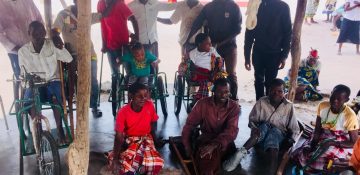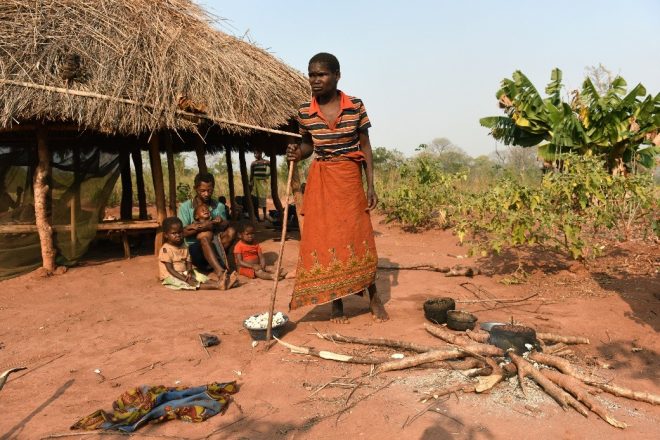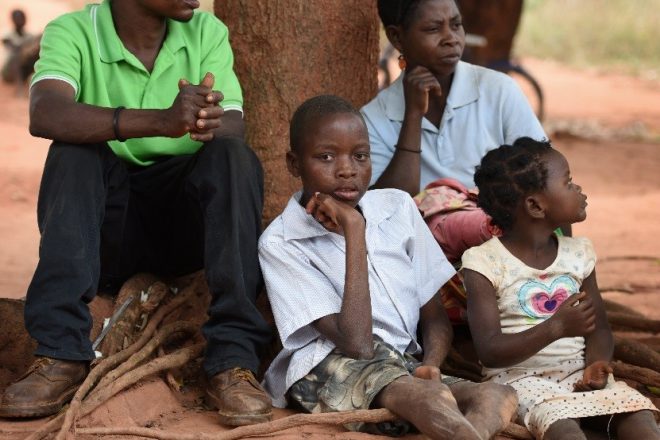Combined approach to reduce disabilities in Mozambique
NLR successfully completed a one year project to reduce disabilities through early case detection of leprosy, konzo and disabilities by other diseases in Mocuba, Ile and Gile districts of Zambezia province in Mozambique. This project was funded by the Australian government through its Direct Aid Program. 442 people affected by konzo (169), leprosy (131), lymphatic filariasis (95), and other disabilities (47) were identified.

Zambezia is one of the poorest province with the largest number of people affected by leprosy and konzo (a paralysis caused by eating unprocessed bitter cassava) with poor access to healthcare services. Even though both diseases can cause disabilities, when detected early, people affected by leprosy and konzo can prevent and avoid further disabilities.
This project mainly focused on raising awareness on causes, prevention and early detection of leprosy and konzo and improve the lives of 150 people with disabilities due to these diseases. On increasing awareness on early detection and prevention of leprosy and konzo, 12 Disabled People Organizations, 36 local leaders, 78 teachers, 23 schools and 20 district health officers have been trained on how to detect early symptoms of leprosy. Moreover 7,907 people have been sensitized on bitter cassava processing techniques to remove cyanide causing the paralysis.


To enhance quality of life of people with disabilities caused by leprosy and konzo, the project built 8 community rehabilitation centres for physiotherapy. 60 people of the 150 were able to regain their basic functionality. Furthermore, 415 people with disabilities received locally produced assistive devices allowing them to actively take charge of their lives once again such as moving with relatively ease from one place to another, taking part in community activities and attending schools.
Lobby for inclusion of disabling Neglected tropical diseases
The project has also mapped konzo at district and provincial levels, which together with rehabilitation centers has awakened the attention of the Provincial Directorate of Health in Zambézia and the Ministry of Health, recognizing how acute this problem is and that it requires follow up. We are pleased to announce that the Australian government will fund another new project which will create a roadmap for the government to make a proper follow up of this project. The new project will lobby for inclusion of leprosy, konzo and other disabling Neglected tropical diseases in the Ministry’s annual surveillance plan by promoting a discussion forum (with 75 members of national coordination council) at the Ministry of Health to create awareness and develop a mitigation plan of action. Furthermore, It will involve capacity building of 420 district health staff and 125 community health volunteers on prevention, identification, treatment, and monitoring of leprosy and konzo cases.